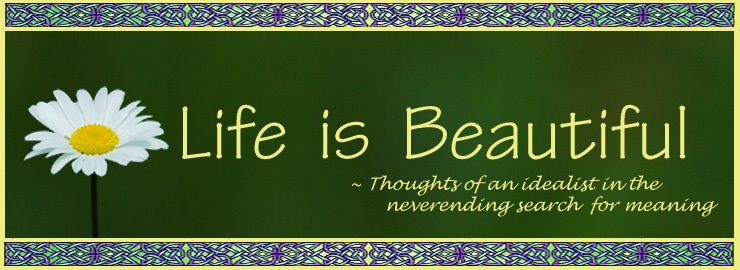
(photos by Jason Evans)
This morning I was thinking (or, for those of you who follow my personality theory posts, intuiting) about numbers.
I've always loved numbers. They fascinate me. Each has it's own personality or vibe (in my mind, anyway.) For example, I've always loved 3 and 7-- they are the most magical numbers. And my favorite number when I was a child was 8. Because it is so symmetrical, so balanced. (Not to mention how cool it is that if you lay it on it's side it is infinity!)
But this morning I was reflecting on the significance of 4. I don't remember ever being "taken with" 4. It just had a vibe of solid integrity. Nothing flashy or magical. So I surprised myself as my intuiting led me to some interesting observations about 4. No wonder 4 always felt simply solid-- it is solid. Four creates a base, a square. And each part of the four is necessary for the integrity of the foundation. Take one away and you are left with 3-- a triangle. Triangles are mighty tricky to keep balanced. (Precisely why 3 is so exciting...it's dynamic!)
Anyway, to continue on my dissertation of 4, I (naturally) began thinking of all the 4's I know. There are four elements, four seasons, four Hogwarts houses (you knew I'd go there), four Beatles(!), four temperaments, and... (drumroll)... four cognitive functions in personality theory. Yes! There's the connection! Perhaps because we have four basic ways of thinking, we find four is the number necessary for balance. Now, let me try to put my intuition into words.
The four cognitive functions are thinking, feeling, sensing, and intuiting. We each have a dominant-- our strength. Personality experts tell us that we should not strive to achieve balance by improving our skills in the three non-dominant functions to a level that equals our dominant, because that would leave us without a strength, or a core personality. But, (here's where my love of finding evolutionary connections comes in) to survive as a group, we need the strengths that each cognitive function offers. Perhaps this is why we have evolved different personality types. To ensure that among the group there are some gifted in Thinking, some gifted in Feeling, and others gifted in Sensing and Intuiting. We need specialists. So that when we put those four cognitive strengths together, we have a solid base.
I can see how, as an Idealist, I need to have input from a Rational to keep my visions realistic and logical, otherwise my visions will never have purpose or be useful to others. I need a Guardian to ground me in priorities and integrity, otherwise I can place too much selfish importance in my desires. And, I need an Artisan to remind me that it's important to experience joy from the carefree, playful aspects of life, otherwise my life will become too serious and heavy. A world of Idealists would feel wonderful to me, but it would be a very weak community, indeed!
Personality theory expert Lenore Thomson says, "fourfold schemes in popular culture…seem archetypally perfect and become part of our social mythology. They appear to represent psychological wholeness in ways that we intuitively recognize." She pointed out that the Beatles are comprised of representatives of each of the four functions: John is the acerbic Thinker, George is the mystical Intuitive, Paul is the romantic Feeler, and Ringo is the earthy Sensation type. And I can find the same balance in the four Hogwarts houses: the Idealist Gryffindors, the Rational Ravenclaws, the Guardian Hufflepuffs, and the Artisan Slytherins. Perhaps this is why these pop culture phenomenon have such global appeal. Everyone can relate to one of the four. And all four pieces are necessary for a balanced whole.
My dominant intuitive function is humming happily today...
(But, with no disregard to 4, I still love my favorite warm, yellow, soulful 7 over there....)
:)



